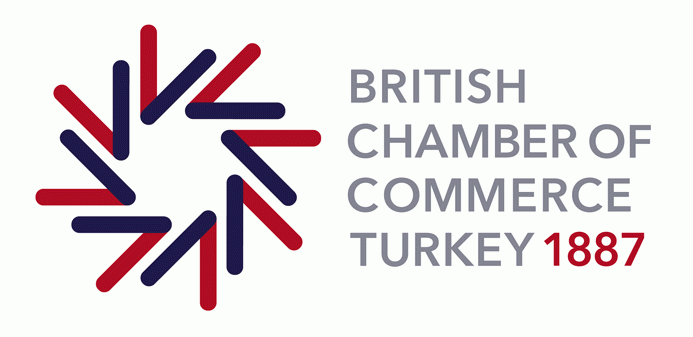Arab world's two largest economies improve in July as pandemic restrictions ease
6 August 2020
The Arab world's two largest economies continued to recover from the Covid-19 induced slowdown as pandemic restrictions eased and the number of infections continued to decline.
The headline seasonally adjusted IHS Markit Saudi Arabia Purchasing Managers’ Index – a composite gauge designed to give a single-figure snapshot of operating conditions in the non-oil private sector economy – rose to 50 in in July from 47.7 in June. The upturn is the highest in five months, signalling overall stability in operating conditions in the kingdom.
A reading above the neutral 50 mark indicates economic expansion, while anything below points to a contraction.
"The July PMI scoring exactly 50 is a clear indication that the Saudi non-oil private sector is over the worst of the disruption caused by the pandemic," Trevor Balchin, economics director at IHS Markit, said.
It however, still remains some way from 'normal' business conditions. The latest figure is the highest since February but well below the long-run trend level of 57.1, he added.
The volume of new orders placed with Saudi non-oil private sector companies, which declined in the previous four months as the government imposed a lockdown to curb the spread of the virus, was broadly stable in July. Data indicated resilient domestic demand, although new export orders continued to fall, according to the survey.
The level of total business activity neared stabilisation in July. Several firms surveyed said that improved conditions and focus on marketing activities had supported business levels.
Though non-oil private sector employment in Saudi Arabia fell for the fifth month running, it was at a slower rate than June's record. Firms continued to cut workforces on average and a number of companies said they laid off staff to reduce business overheads.
The 12-month outlook for non-oil business activity also improved in July, with the Future Output Index rising back above the 50 neutral mark to a five-month high.
The seasonally-adjusted IHS Markit UAE Purchasing Managers' Index advanced to 50.8 in July from 50.4 in June, to signal a second successive monthly improvement in business conditions. Rising new business drove a solid upturn in non-oil economic activity.
The further easing of movement restrictions helped improve customer demand at the start of the third quarter in the UAE. Following June's expansion, the latest increase was solid overall.
The rise in total demand encouraged UAE firms to expand output again in July. The rate of growth was the fastest seen in 10 months. According to survey respondents, the starting of new projects and an increase in marketing partly drove the rise in business activity.
"UAE business activity continued to expand at a solid pace in July, as firms enjoyed another upturn in new work," David Owen, an economist at IHS Markit, said. "The further reopening of the economy ... helped to reinvigorate consumer spending."
The future output sentiment, however, is dependent on how demand recovers in the coming months, as firms hope that the economy will make "strides back to pre-Covid-19 output levels over the second half of 2020", Mr Owen added.
Egypt's PMI also signalled a return to growth in July, as non-oil private sector output rose for the first time in a year, albeit mildly. New business also expanded as export conditions improved, leading to slower declines in employment and inventories.
The IHS Markit Egypt Purchasing Managers’ Index registered a reading of 49.6 in July, up from 44.6 in June and the closest to the neutral 50 mark in 12 months.
"While the headline index posted at 49.6, it was the output and new orders sub-indexes that gave confidence of the start of an economic recovery in July," Mr Owen said.
"Both indicated monthly expansions for the first time in 12 months, after the series signalled the worst economic downturn in its nine-year history during the Covid-19 crisis."
The improvement in non-oil economies of Saudi Arabia, the UAE and Egypt is in line with strengthening PMIs of some of emerging and developed markets.
China's factories expanded at the fastest pace in nearly a decade in July, on the back of higher domestic demand, pushing the Caixin/Markit Manufacturing Purchasing Managers’ Index to 52.8 from June’s 51.2.
The country's Business Activity Index on Wednesday slipped to 54.1 in July, down from 58.4 in June. While it was lower than the previous month's more than 10-year record, the index again signalled a marked rise in activity that was in line with the survey's long-term trend.
Eurozone factories have also mirrored the Chinese recovery last month, with IHS Markit Eurozone Manufacturing PMI registering 51.8, up from 47.4 in the previous month. Spain was the strongest-performing nation overall, with a 53.5 PMI.
Kindly supplied by The National
Follow Chamber International on Twitter @ChamberInt and on Facebook for the latest in international trade.



